shop
learn
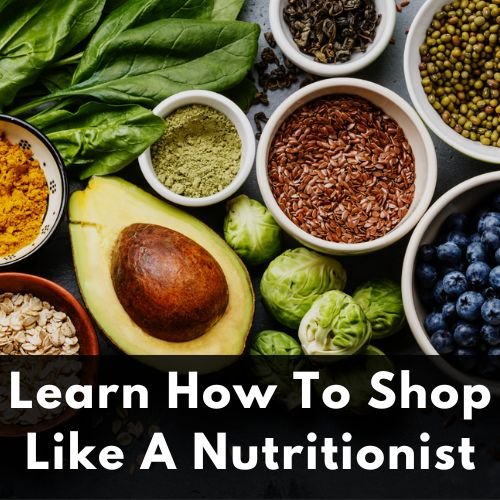
Learn How To Shop Like A Nutritionist
February 19, 2025 3 min read
Taking a trip to the grocery store can feel like you need a PhD to figure out what to buy.
Which foods are the healthiest?
Organic?
Gluten-free?
Keto?....
Before long, a simple errand starts to feel like a pop quiz you aren’t prepared for.
The good news?
Shopping for healthy foods doesn’t have to be difficult or time consuming. We’ll share some simple tips to help you stock your cart like a champ.

1. Choose More Foods Without A Nutrition Label.
This simple rule will steer you toward the healthiest foods in the store.
Have you ever seen a nutrition label on a sweet potato?
While there are some minor exceptions, you’ll find that most fresh produce and seafood, spices, tea and coffee do not contain labels.
This means these foods don’t have any additional artificial ingredients or additives. Most of the foods in this category are also plant-based.
This matters because eating more phytochemicals, which are found only in plant-based foods, dramatically ups our odds of living longer, healthier lives.
Choosing more foods without labels is an easy hack to increase the amount of fresh, whole foods in your diet.
2. Choose The Least Processed Versions Of Your Favorite Foods.
We can’t deny that some processing is essential for our sanity. Think of all that time we’re saving by not growing and milling our own flour!
The problem arises when foods are over processed and key nutrients are removed and replaced with extra sugar, salt, and other ingredients.
Eating a diet high in heavily processed foods can leave our bodies over-nourished calorie wise but otherwise starving for essential nutrients.
One simple way to tell if your food is highly processed is to check the ingredient label and see how long the list is.
Select products with fewer ingredients.
Next time you’re at the store, try getting real potatoes instead of instant. Or sneak whole wheat white flour into your baked goods instead of white flour. Choose fresh fruit and nuts instead of fruit snacks and chips.
The possibilities are limitless and each shift brings you closer to a more nourished and better functioning body.
3. Look For Foods With Fewer Added Sugars.
No matter which diet you follow, it’s important to limit added sugars.
Eating more added sugars may increase our risk for developing a variety of health problems.
Many foods now have a new label that tells us exactly how much sugar has been added. The American Heart Association recommends that men have less than 9 teaspoons (about 37 grams) of added sugars per day and women less than 6 (about 25 grams).
For context, one small container of flavored yogurt contains about 7 grams (almost 2 teaspoons) added sugar!
Note: Natural sugars found in unsweetened dairy products, fruits, vegetables, whole grains, and beans are not harmful to our health. As mentioned above, many of these plant-based foods that also happen to be natural sources of sugars provide unique health benefits.
Unless you are doing keto or whole 30, don’t worry so much about limiting all sources of sugar, simply use the label and the ingredients list to reduce added sugars.
4. Choose Organic Options...Sometimes.
We can limit our exposure to environmental toxins like pesticides and antibiotics by choosing organic produce and products when we can.
But buying organic is not always a black and white decision.
For starters, smaller family farms that may be following organic practices often can’t afford to have their products certified organic.
It is always a great idea to choose more local produce as this reduces our carbon footprint, supports local business, and means we consume more nutritious and seasonal food.
If you peruse a farmer’s market from time to time, you can learn about the growing practices of local farmers and choose healthier produce options, even though they may not be labeled organic.
It’s also worth remembering that rinsing off conventionally grown carrot trumps inhaling a bag of organic veggie straws every time.
Don’t get blinded by the organic light and ignore everything else about a food, like whether it contains added sugars, has a lengthy ingredient list, or is missing important nutrients.
The benefits of consuming real foods, even if they are not organic, far outweigh the risks of eating less than a 100% organic diet.
Wrapping Up:
Regardless of which diet you follow, use this list to help you figure out which types of foods deserve more room in your cart. Don’t get so hung up on food rules that you neglect the basics.
Shopping for healthier foods does not need to be complicated or time-consuming if you keep these simple principles in mind.

1 Response
Leave a comment
Comments will be approved before showing up.
Also in Health
Subscribe
Sign up to get the latest on sales, new releases and more …
Join the Utzy Naturals Club!
Sign up and get the latest on sales, new releases, and more...

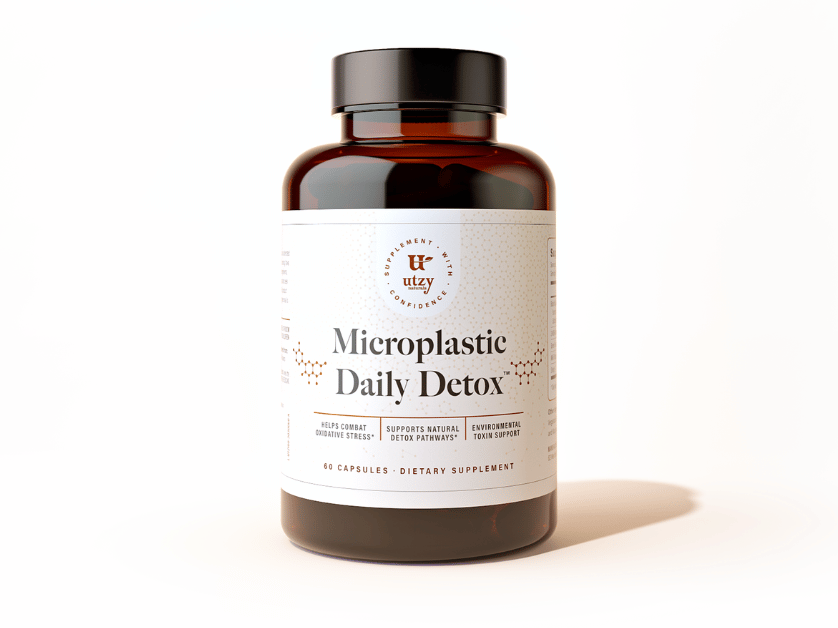
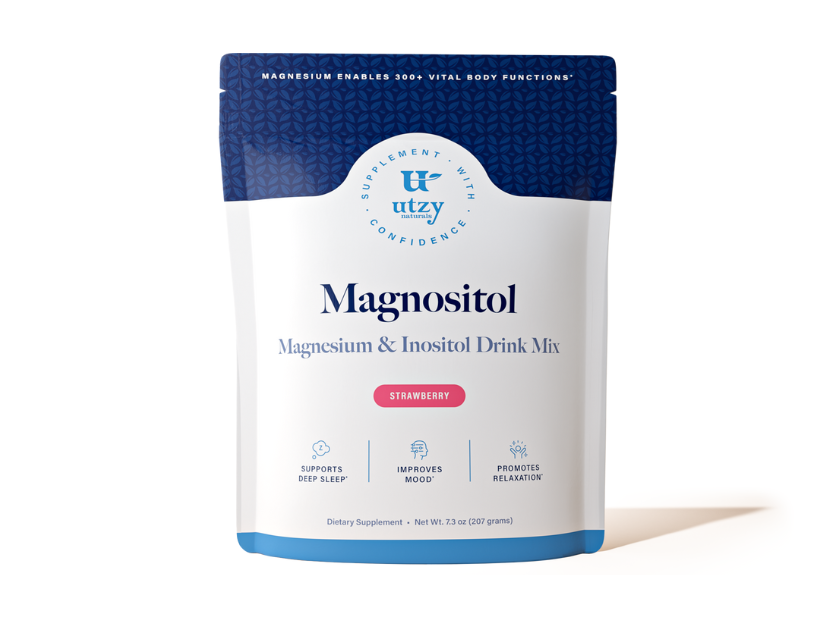
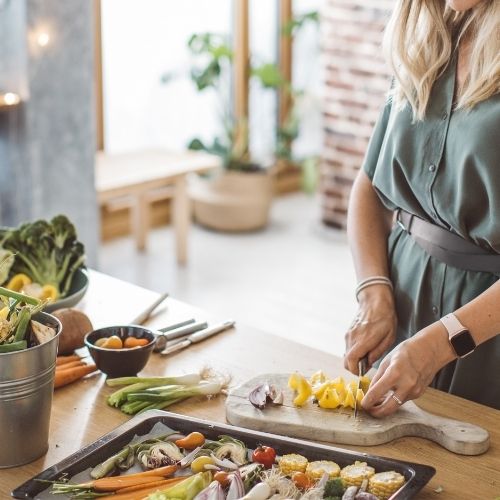

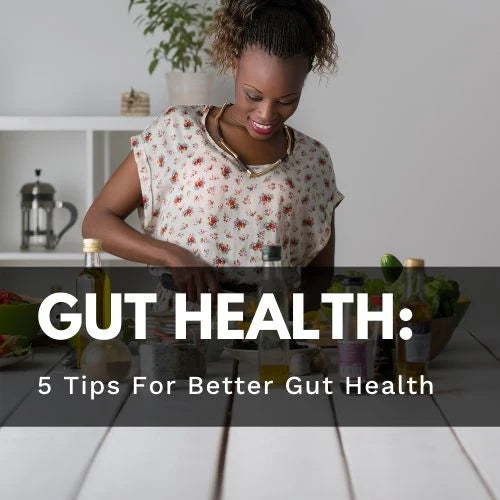
Susie Tassin
February 18, 2022
Thank you so much for these practical guidelines.